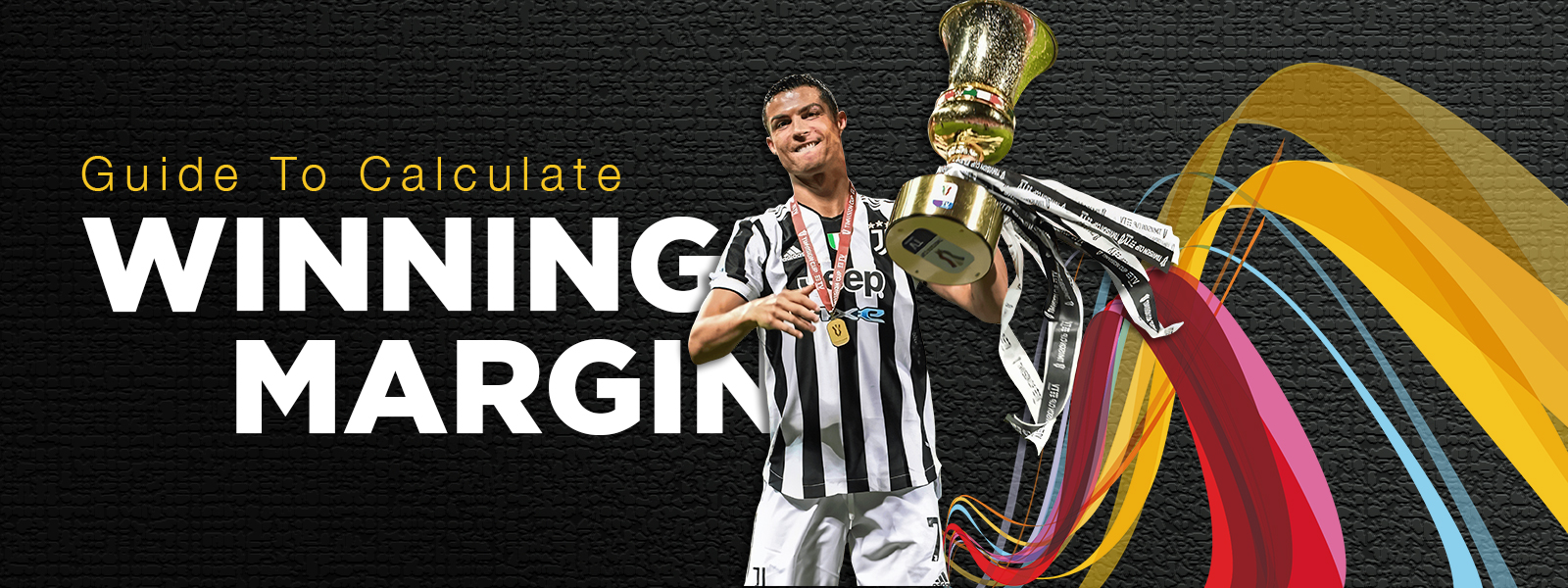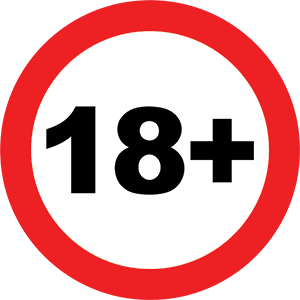
How To Calculate Winning Margin
Where do bookmakers get their winnings from? Possibly you have asked yourself this question before. We can call it in several ways. The margin, the percentage, the commission, etc., whatever name we give it is a part that the bookies take from the odds to make their business worthwhile. This winning margin varies from one bookie to another and even from one event to another within the same bookmaker. But, what exactly is the bookmaker's commission? And how can I calculate it?
The odds a bookmaker offers are sometimes thought to reflect what is the favorite side to win a particular event. However, this is only half true. The bookmaker includes in the odds' value a profit margin for itself. This winning margin allows it to balance its liabilities on each side of the odds. The actual odds of a sporting event come from that event's indeed occurring probabilities. However, the sportsbooks' odds do not precisely represent the odds of each event occurring. The variation between the offered odds and the "actual odds" is the bookmaker's margin.
The Market 100%
Let's say you bet $ 10 to heads or tails on a coin flip to win $ 10 net. In this case, neither would have an advantage over the other. The odds would be 2.0 for both, head or tail, and express the real probability (0.5) of each outcome occurring. This situation is known as a 100% Market or fair odds. In it, the person who makes or accepts the bet has no advantage or margin over another. Thus, the bettor would obtain a full return on the money he bet in case of winning. But, the bookmakers want to take their share. So, they will offer odds that can range from 1.85 to 1.99, for example. So, this is how the market works: the bookmakers take their percentage.
How To Calculate The Sportsbook Winning Margin?
To know the percentage or commission bookie retains, we must resort to the probabilities implicit in the odds. That is, we must obtain the odds' inverse values. For example:
In a Tottenham - Burnley match, a bookie offers a score of 1.75 for the Spurs win, a 3.85 for the draw, and a 4.75 for the Burnley win. In this case, the bookie' profit would be:
(1 / 1.75) + (1 / 3.85) + (1 / 4.75) = 1.042
This means that the bookie expects to receive $ 1,042 for every $ 1 he distributes as a prize. Likewise, the percentage of bookies' payments or payout share is the inverse of the previous value:
Payout share: (1 / 1,042) x 100 = 96%
This percentage indicates the amount of money the bookmaker returns to its customers. That is, for every $ 100 wagered on this math by punters, the bookmaker expects to return $ 96. Obviously, the higher the sportsbooks commission, the greater the impact will be on our bankroll. So, the bookie winning margin is inversely proportional to our profits. Then, it is important to choose promotions and markets with the lowest possible winning margins for the bookie.










